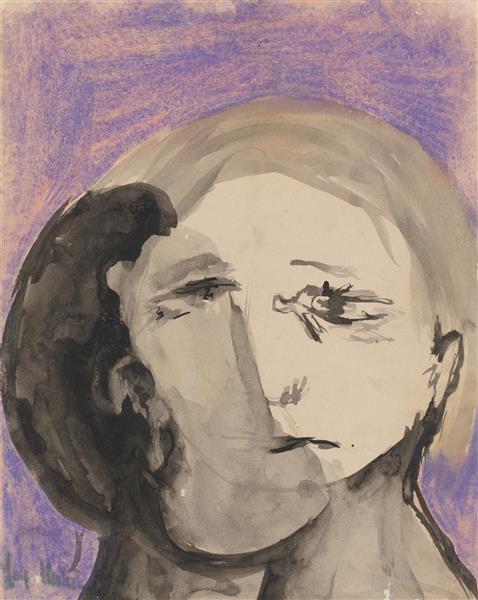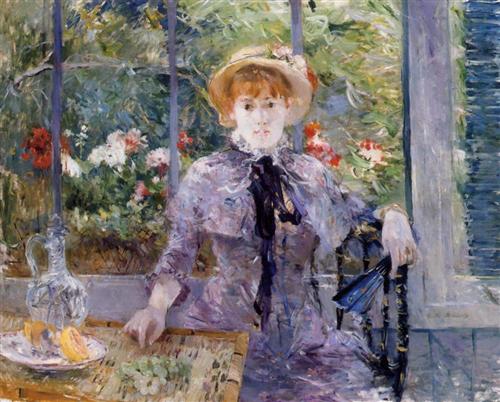A monk said to Bankei: I was born with a short temper. … i’m unable to rid myself from it no matter how hard I try … Please tell me what to do.
Bankei: All that your parents gave you when you were born was a Buddha-mind. Nothing else. What have you done with it!? From the time you were a tiny baby, you’ve watched and listened to people losing their tempers around you. You’ve been schooled in this, until you too have become habituated to irascibility. So now you indulge in frequent fits of anger. But it’s foolish to think that’s inherent. Right now, if you realize you’ve been mistaken, and you don’t allow your temper to arise anymore, you’ll have no temper to worry about. Instead of trying to correct it in the first place. That’s the quickest way, don’t you agree? Trying to do something about it after it occurs is very troublesome and futile besides. Don’t get angry to begin with, then there is no need for anything.
Once you’ve realized this and you stop creating that temper of yours, you’ll find that you won’t have any other illusions either, not even if you want to, you’ll be living constantly in the unborn Buddha-mind. There is nothing else.






